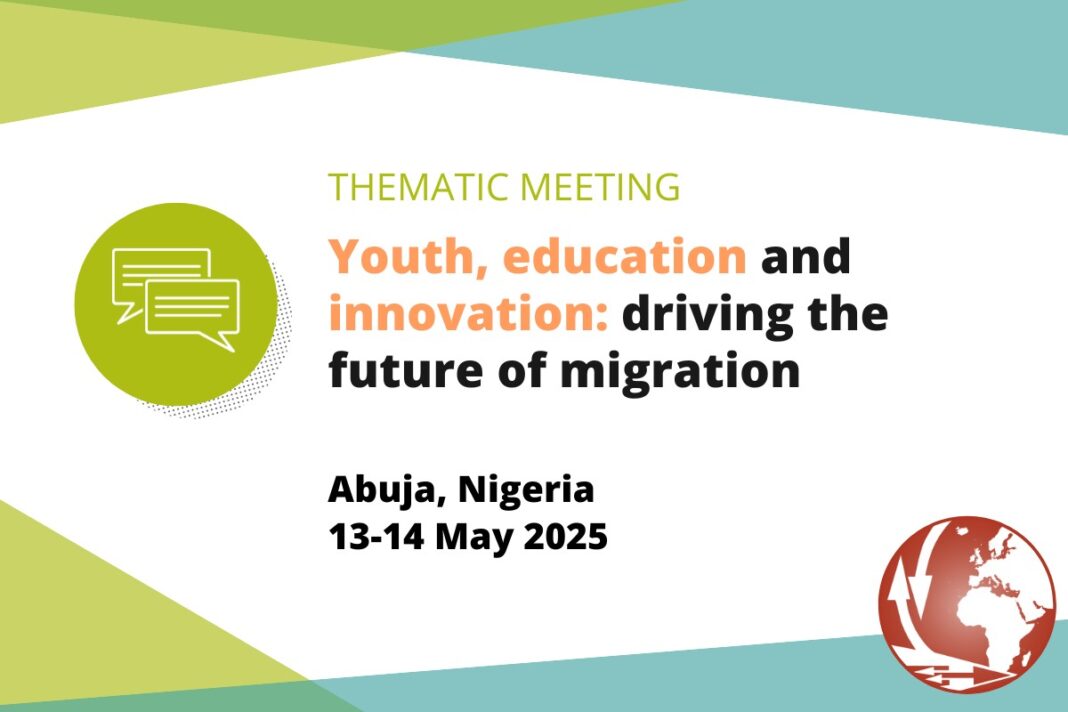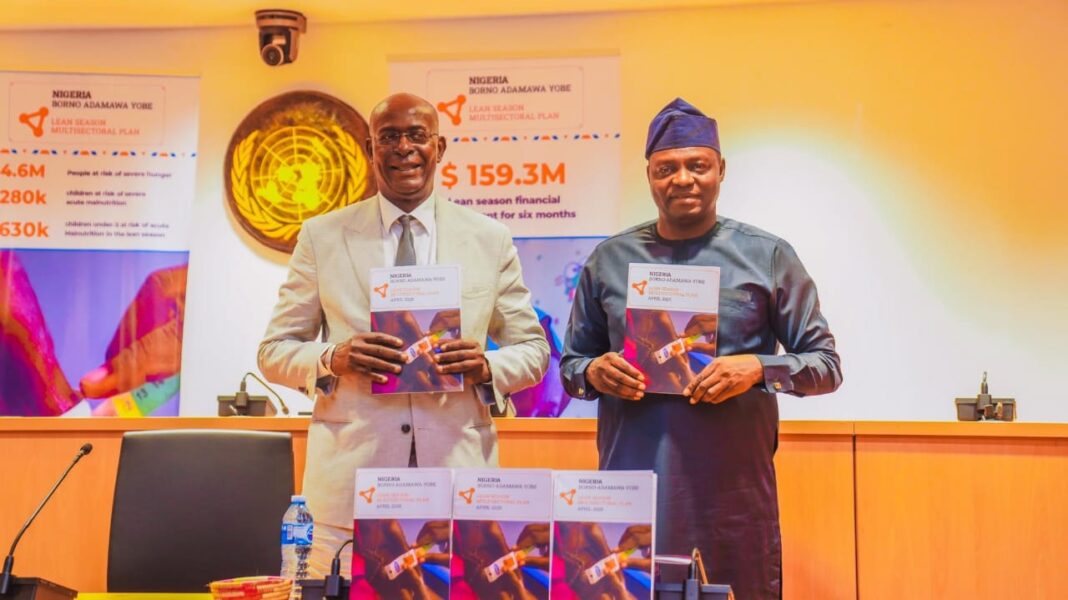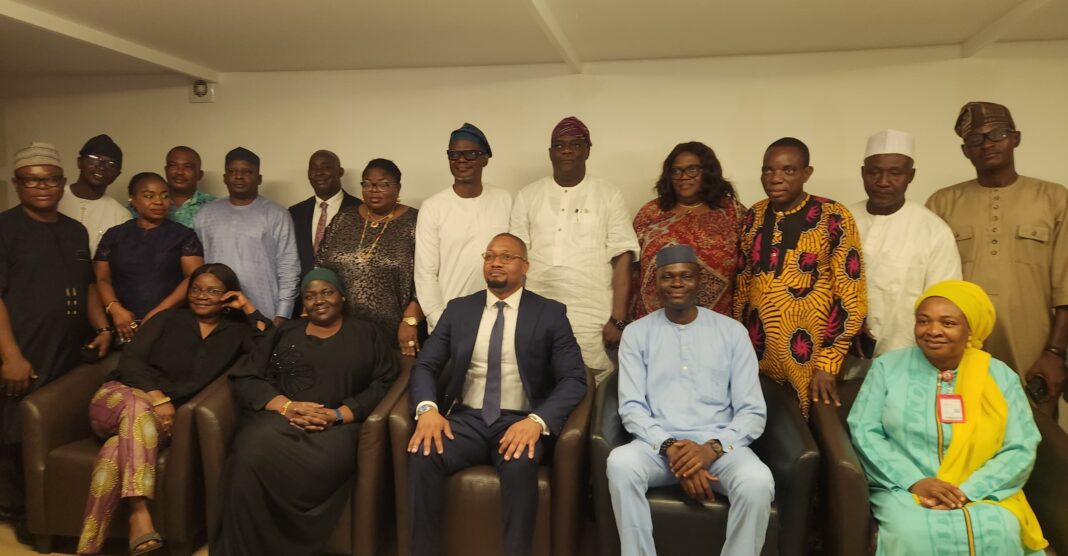With a vision to reshape migration governance, the Minister for Humanitarian Affairs and Poverty Reduction, Prof. Nentawe Yilwatda, will host the first Thematic Meeting under Nigeria’s Chairmanship of the Rabat Process on May 13–14, 2025, in Abuja. This pivotal gathering will focus on youth, education, and innovation as key drivers for sustainable migration across Africa and Europe.
As Chair of the Rabat Process, Prof. Yilwatda is looking forward to facilitating meaningful dialogue among member countries, representatives from partner organizations, and key migration experts. Together, they will advance the objectives outlined in the Cadiz Action Plan, particularly focusing on maximizing the positive impact of regular migration, a goal that resonates deeply within both Africa and Europe.
The meeting promises to be a dynamic platform for engaging youth and diaspora representatives, recognizing their essential roles in shaping migration and development governance. As the global youth population continues to grow, currently standing at over 1.2 billion young people worldwide, the upcoming event aims to harness their creativity, skills, and resilience to create actionable pathways for sustainable migration.
At the heart of the discussions will be the exploration of strategies to empower African youth, ensuring that they play an active role in both their countries of origin and destination. Key topics will include sharing good practices in youth empowerment, developing innovative migration schemes, and improving remittance impacts, all while fostering education and training opportunities.
As the Rabat Process meeting in Abuja approaches, the spotlight will be on actionable solutions that enhance diaspora investments, engage young people in migration dialogues, and create policy recommendations that ensure youth voices are heard in migration-related decisions. This meeting promises to set a strong foundation for future cooperation, where the power of youth, education, and innovation will be harnessed to influence the future of migration governance.







